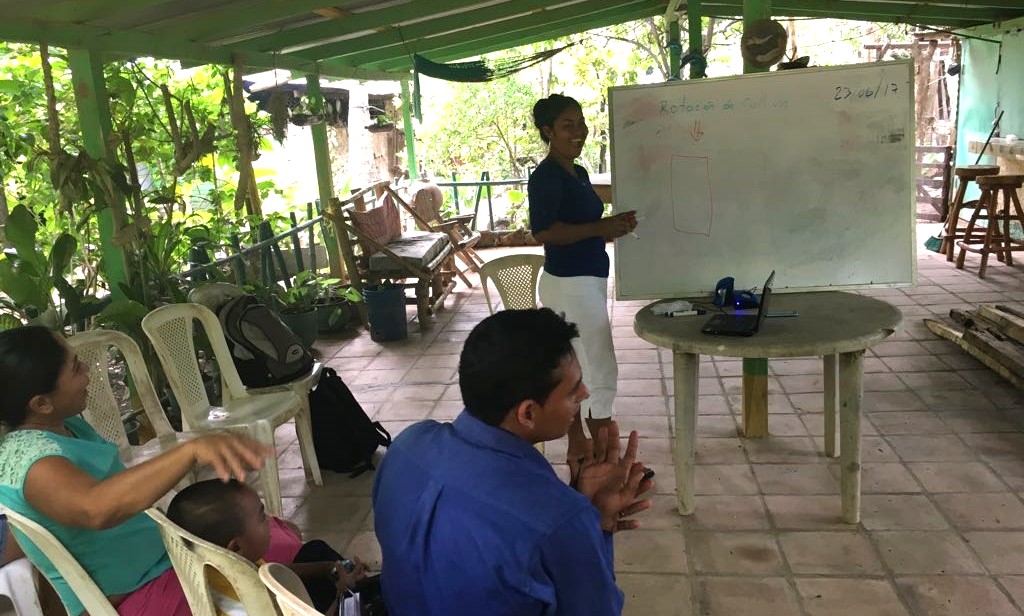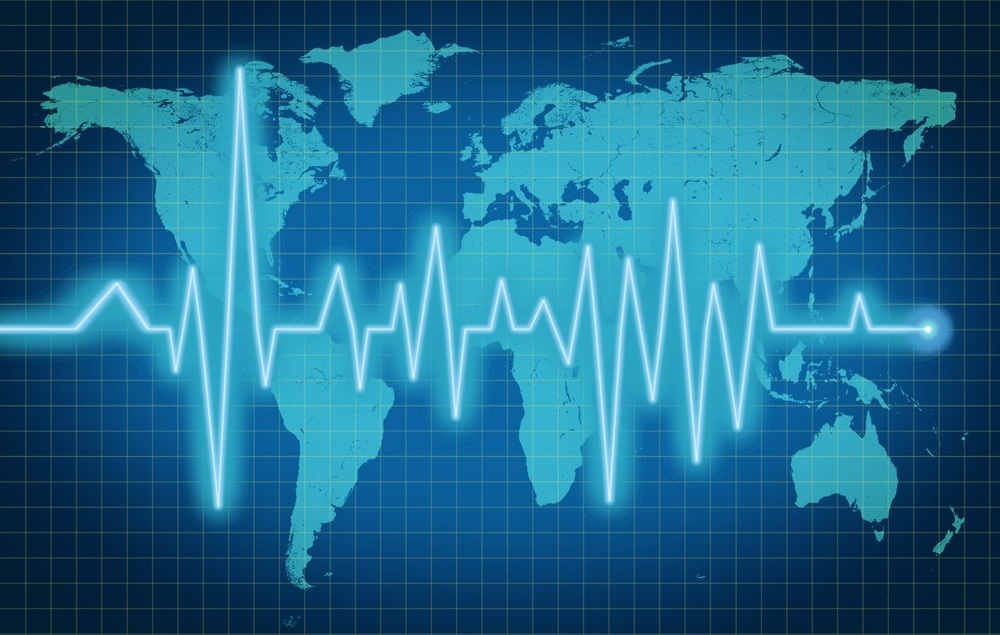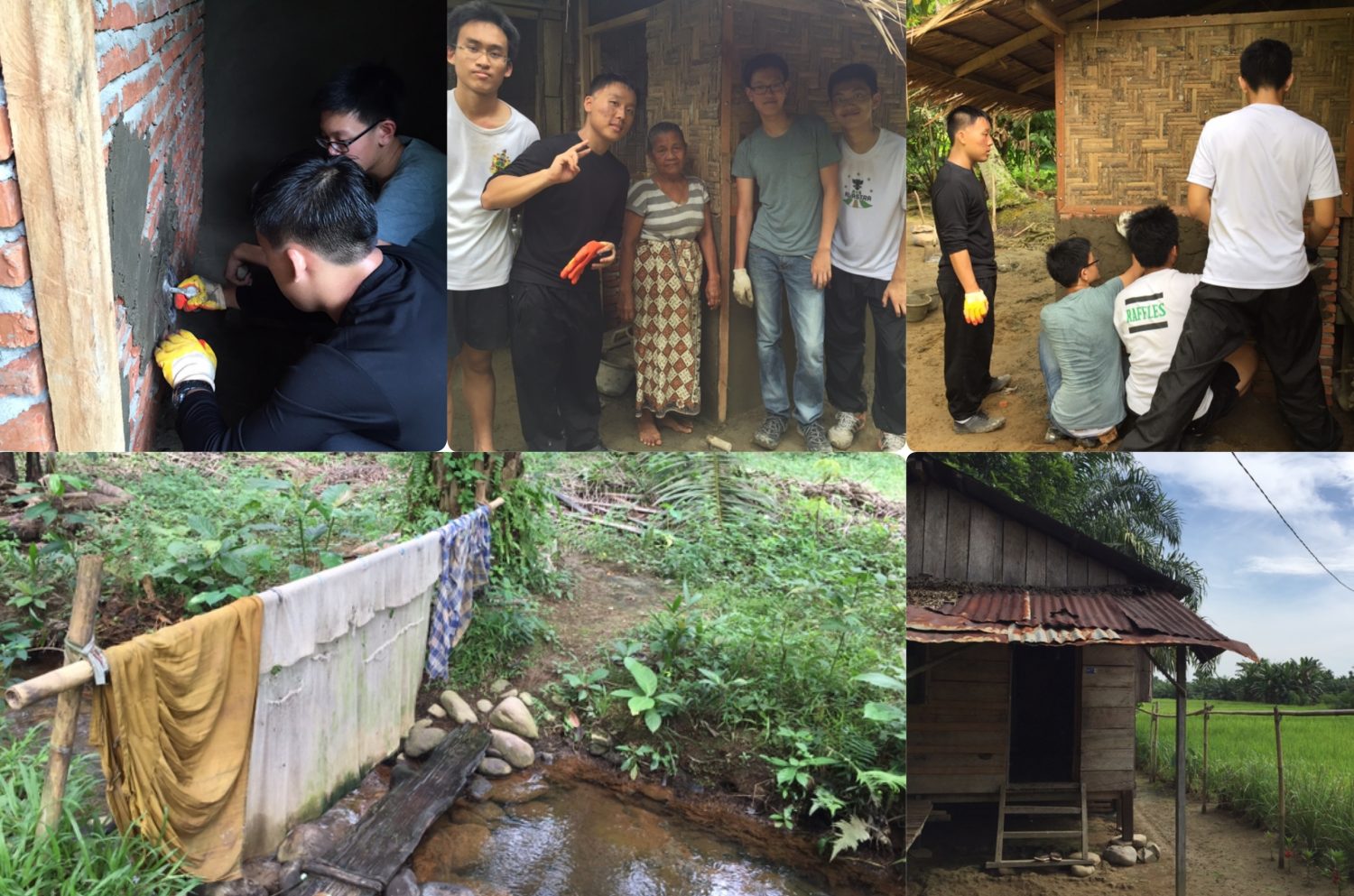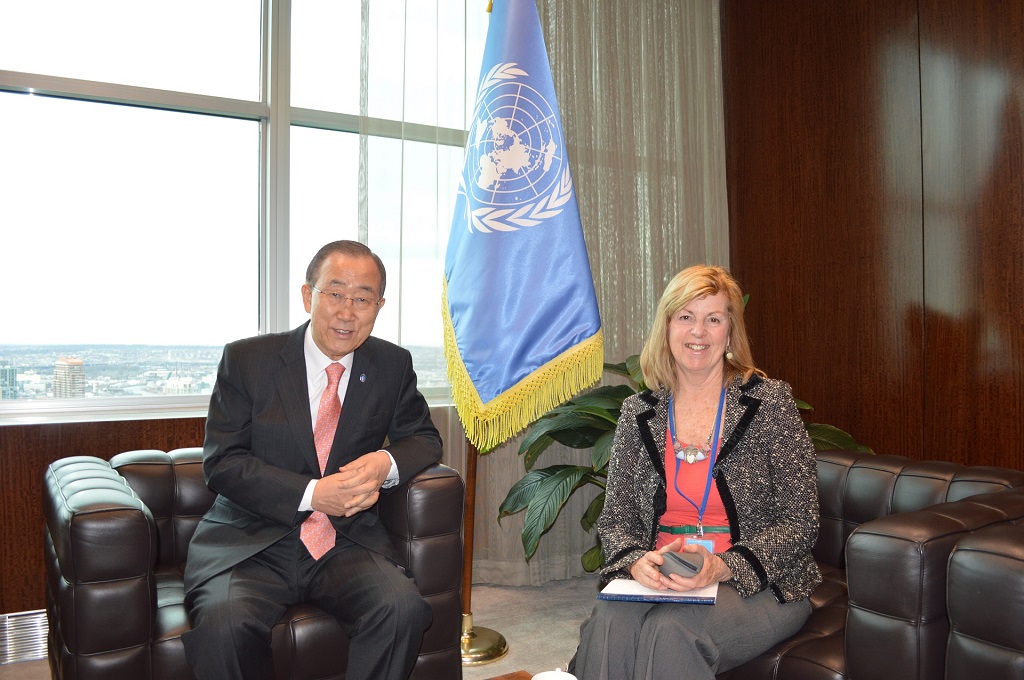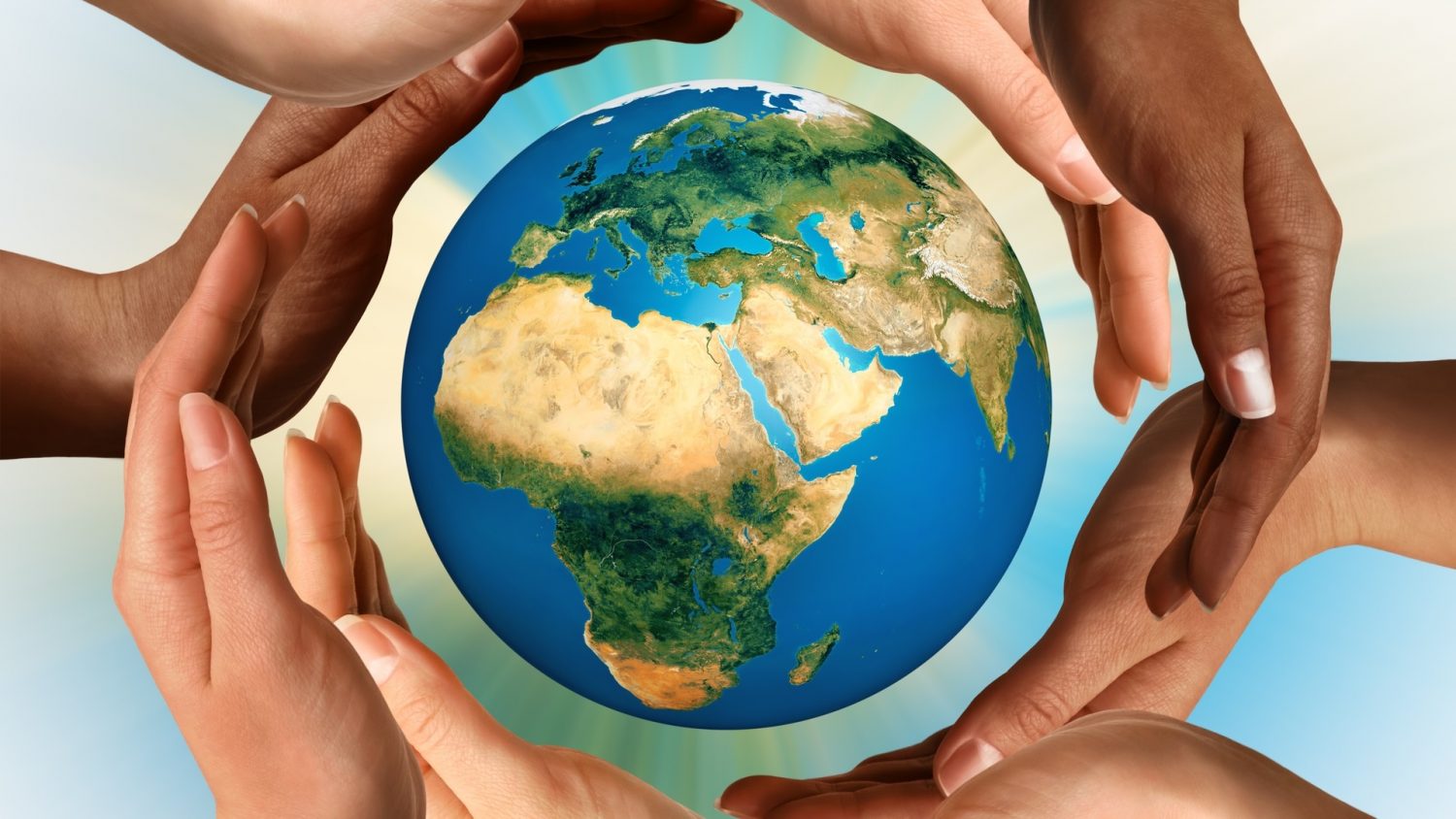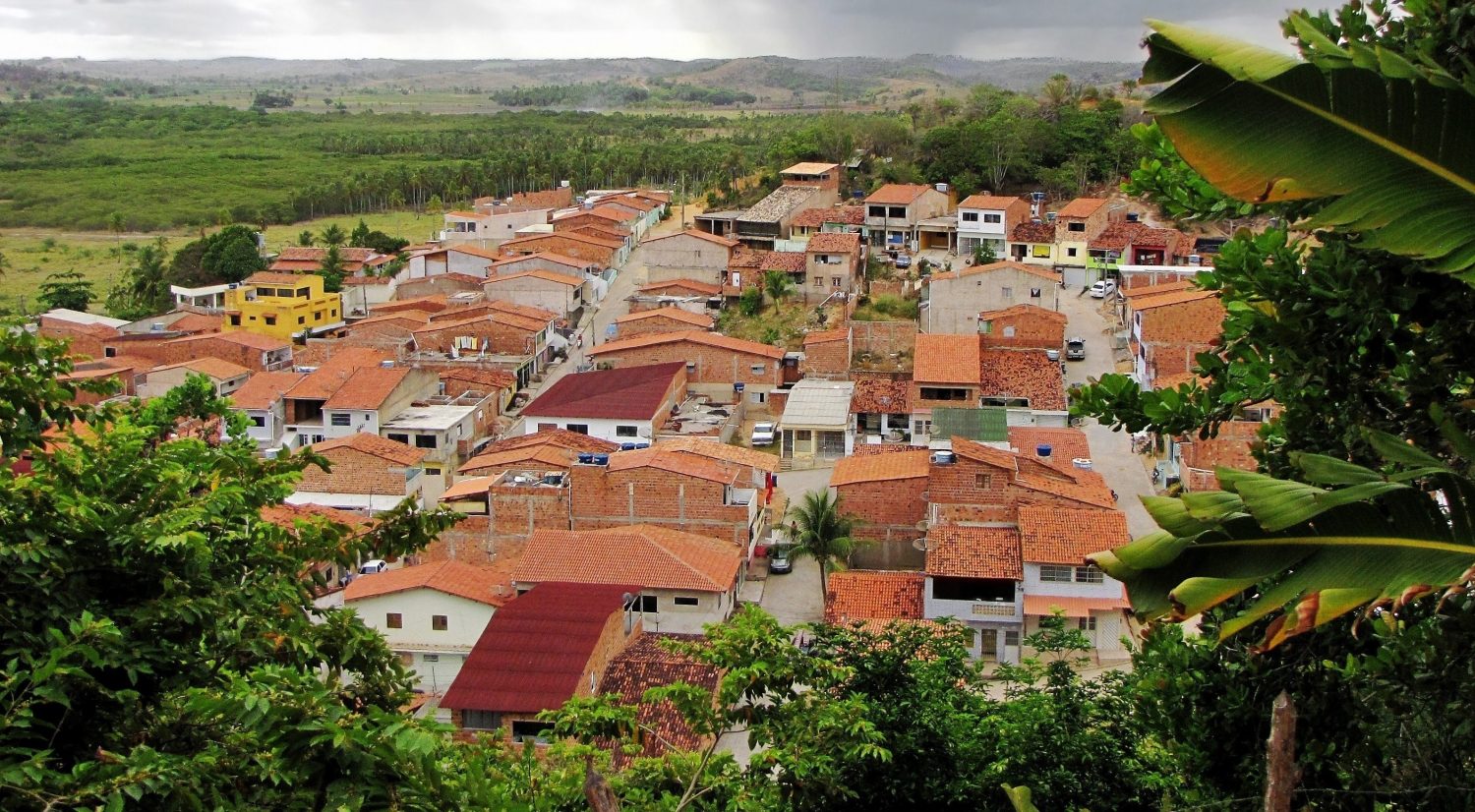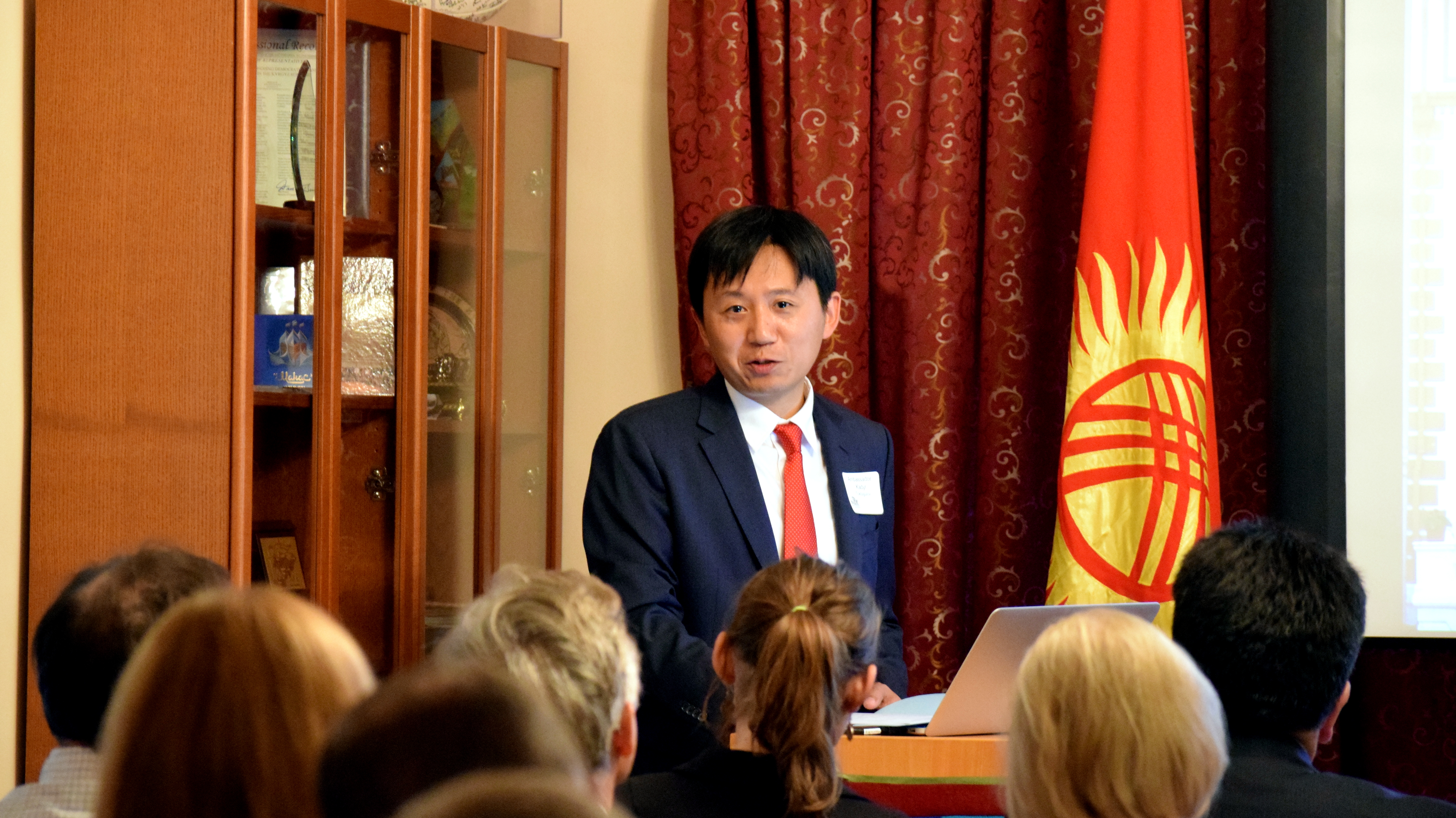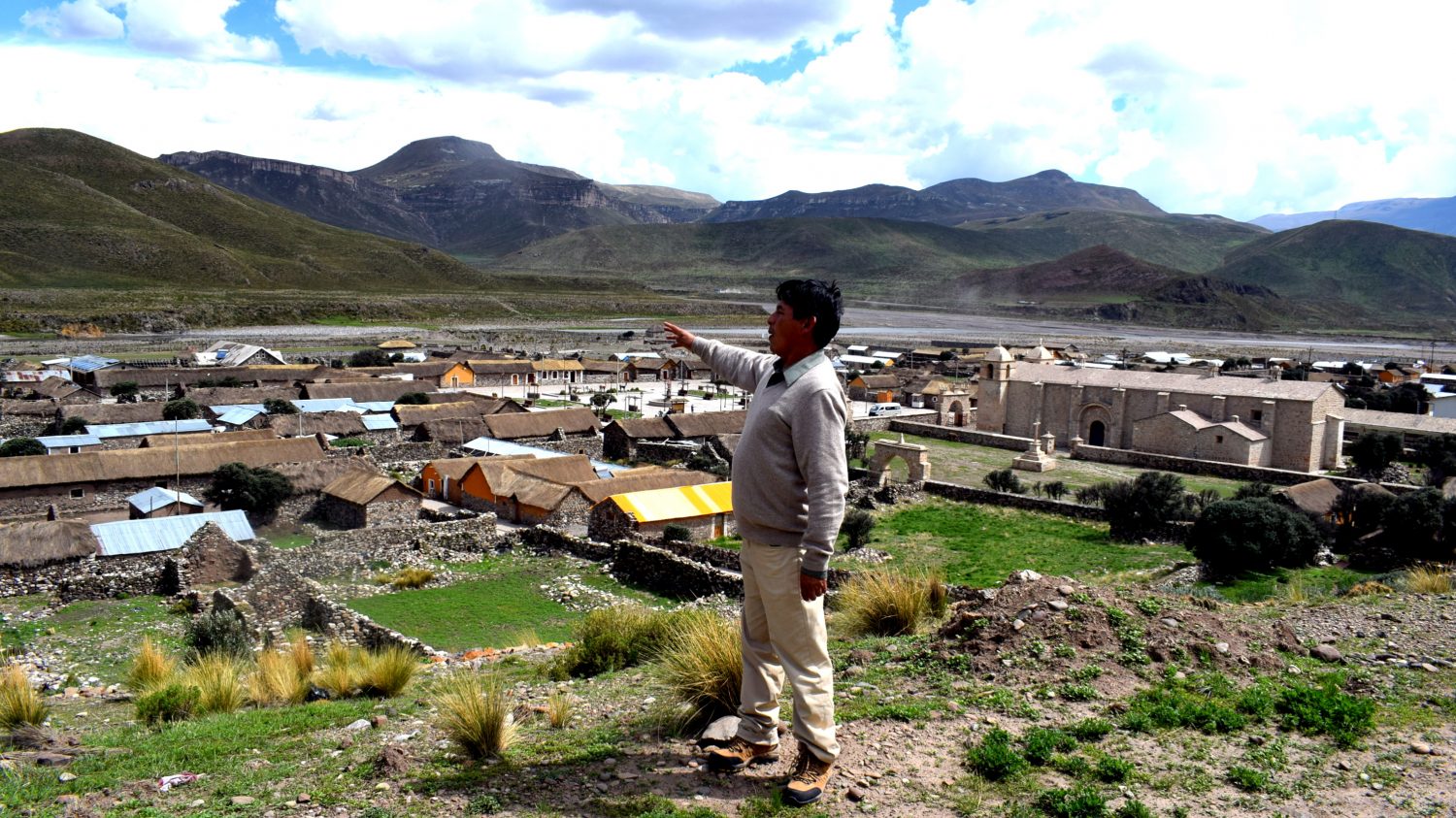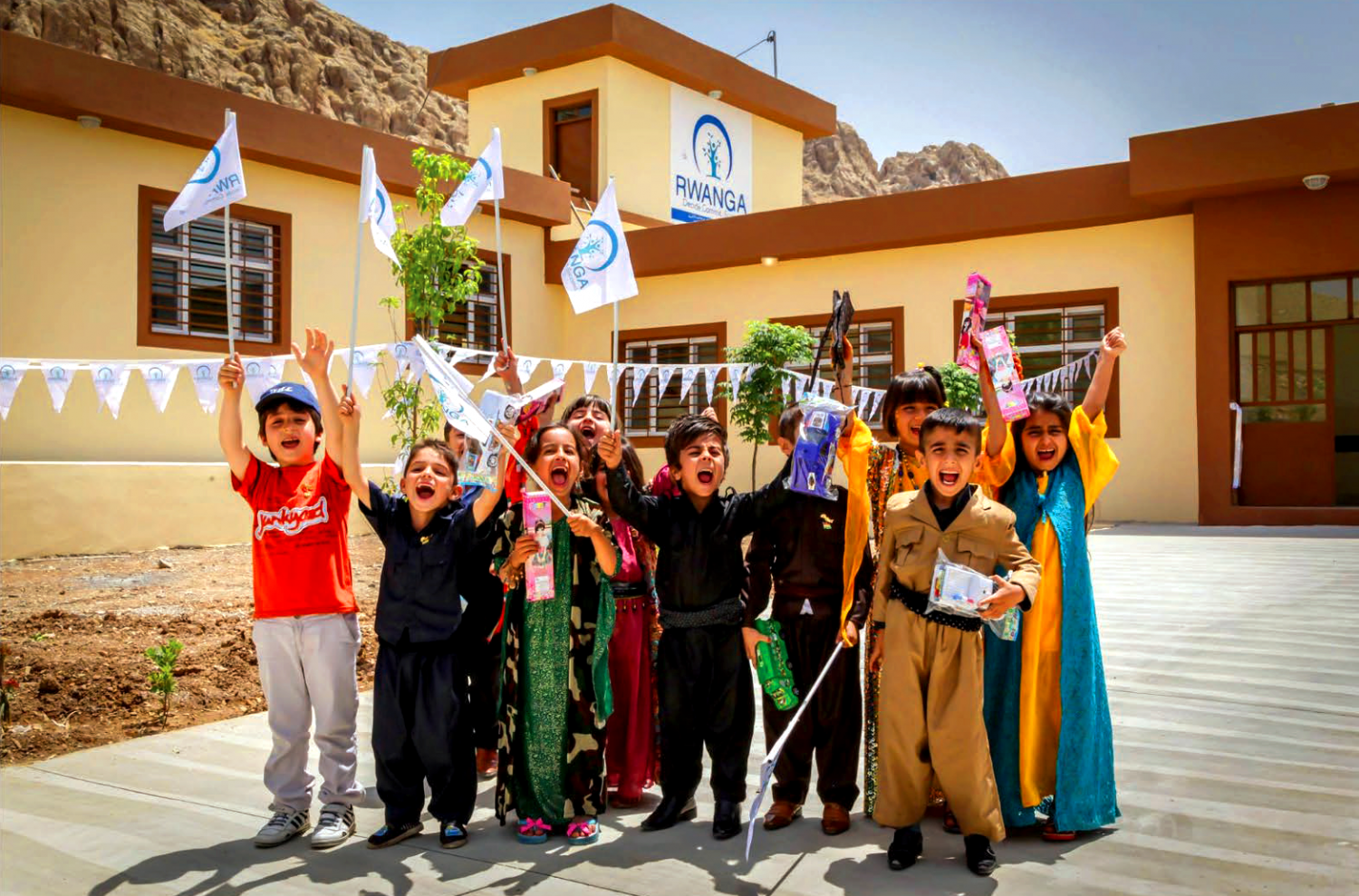Vantage Points
Combating Tropical Diseases and Poverty in Nicaragua
"Tropical diseases and conditions in the area are especially dire for the local people given the level of poverty in the area. Nicaragua is the second most impoverished area in the western hemisphere, and according to the World Health Organization, only 6.3% of Nicaraguans have health insurance."
Spotlight on Public Health
"One important aspect of public health is the preparedness for emergency outbreaks of disease, which can happen anywhere at any time. Certainly, the recent outbreak of Ebola in West Africa is a devastating reminder. An often overlooked, but globally important set of communicable diseases are Neglected Tropical Diseases. By 2030, the SDG goal is to end the those epidemics, which saw one billion people or one-sixth of the world's population, seeking treatment in 2015."
Protecting Sumatra’s Largest Rainforest
"Gunung Leuser National Park is the largest intact rainforest in Sumatra. The forest has one of the most diverse ecologies in the southern hemisphere. It is home to four of the world’s most endangered species of animals—the Sumatran tiger, Sumatran rhinoceros, Sumatran elephant, and Sumatran orangutan—and provides a substantial amount of oxygen."
Institutional Memory at the United Nations
"One of my goals was to maintain an institutional memory for the UN because everything that’s going on in the world comes through the Secretary-General’s office. You might assume that much of this material has already been digitally captured through email or other sources, but it hasn’t."
Religion is the Neglected Part of Civil Society
"With billions of followers, record charitable donations, and unrivaled societal influence, religious society must make its way into the foreign policy community’s definition of civil society. By elevating the stature of religious engagement on the international level, the U.S. and the West will begin to see significant breakthroughs in traditionally anti-Western parts of the world and create opportunities that benefit national security, diplomacy, trade, and cooperation."
Focus on the Relationship Between Health and Development
"The thread in my career has always been the patient: finding the most meaningful ways to help the patient. The medical school I attended focused on public health. The goal wasn’t to train doctors to diagnose rare syndromes; it was to address the issues of the country and diseases that were common in the population."
Ambassador Toktogulov on Helping Hospitals Heal Children
"As ambassador, the biggest priority is certainly to develop good, friendly relations and work to strengthen cooperation between our governments—the governments of the U.S. and the Kyrgyz Republic. That’s one part, but I thought that there’s more that I should do and I can do. I thought that one of the ways to strengthen relations between our countries would be to have a project in the humanitarian sector"
Delivering Education and Health to Alpaca Communities
"Perú was very different 8 years ago than it is now, so Quechua Benefit has grown. We started with a refuge for children begun by people from the U.S. Now we are an institution that works with municipalities and regional governments in educational issues and health campaigns. I think Quechua Benefit is growing and is consolidating as a major organization of support to the Peruvian families of the highlands."
Maintaining a Kurdish Vision
"Rwanga is a Kurdish word which means “vision.” The foundation has three main strategic approaches: to provide direct services; to build capacities for teachers, school or education administrations, and students; and to design policies."
Engaging Community Responses to Crisis Situations
"What worries me most is that, as time passes on, we're all spending more time concentrating on our differences than our similarities. At the end of the day, there's a lot more similarities."

